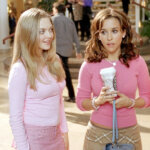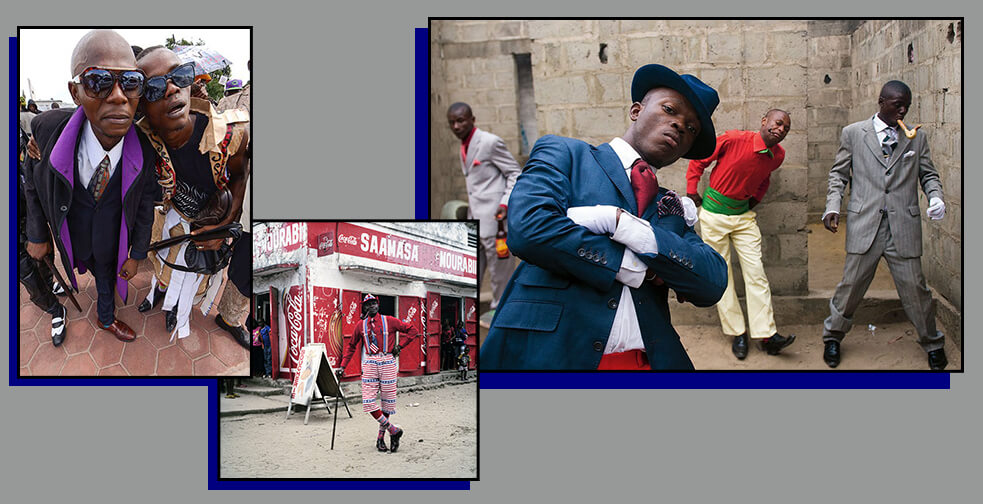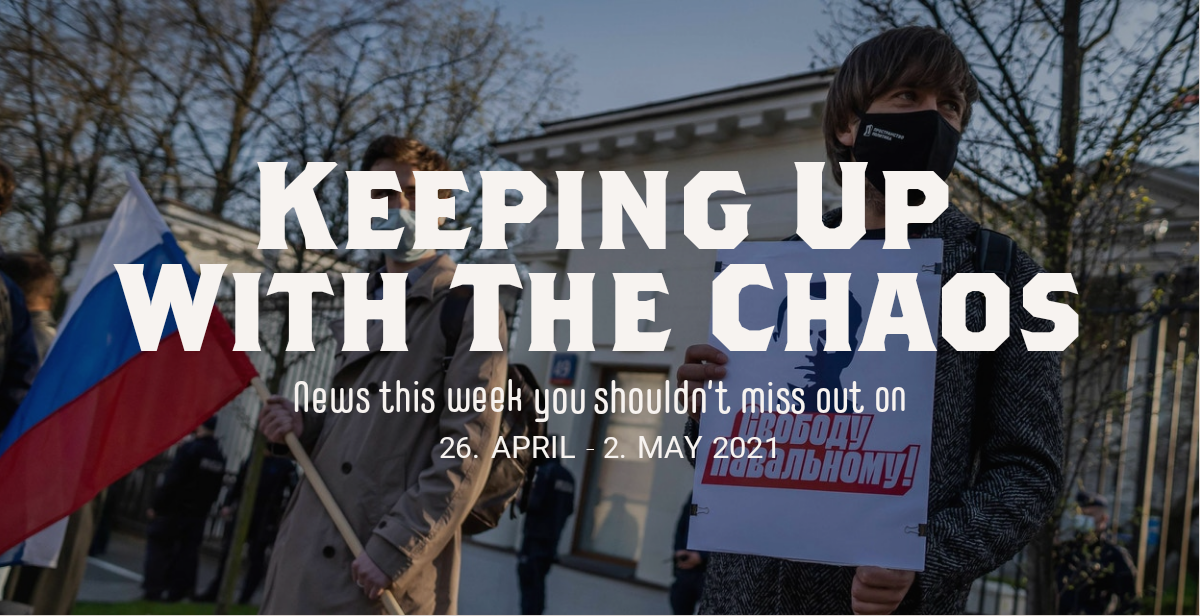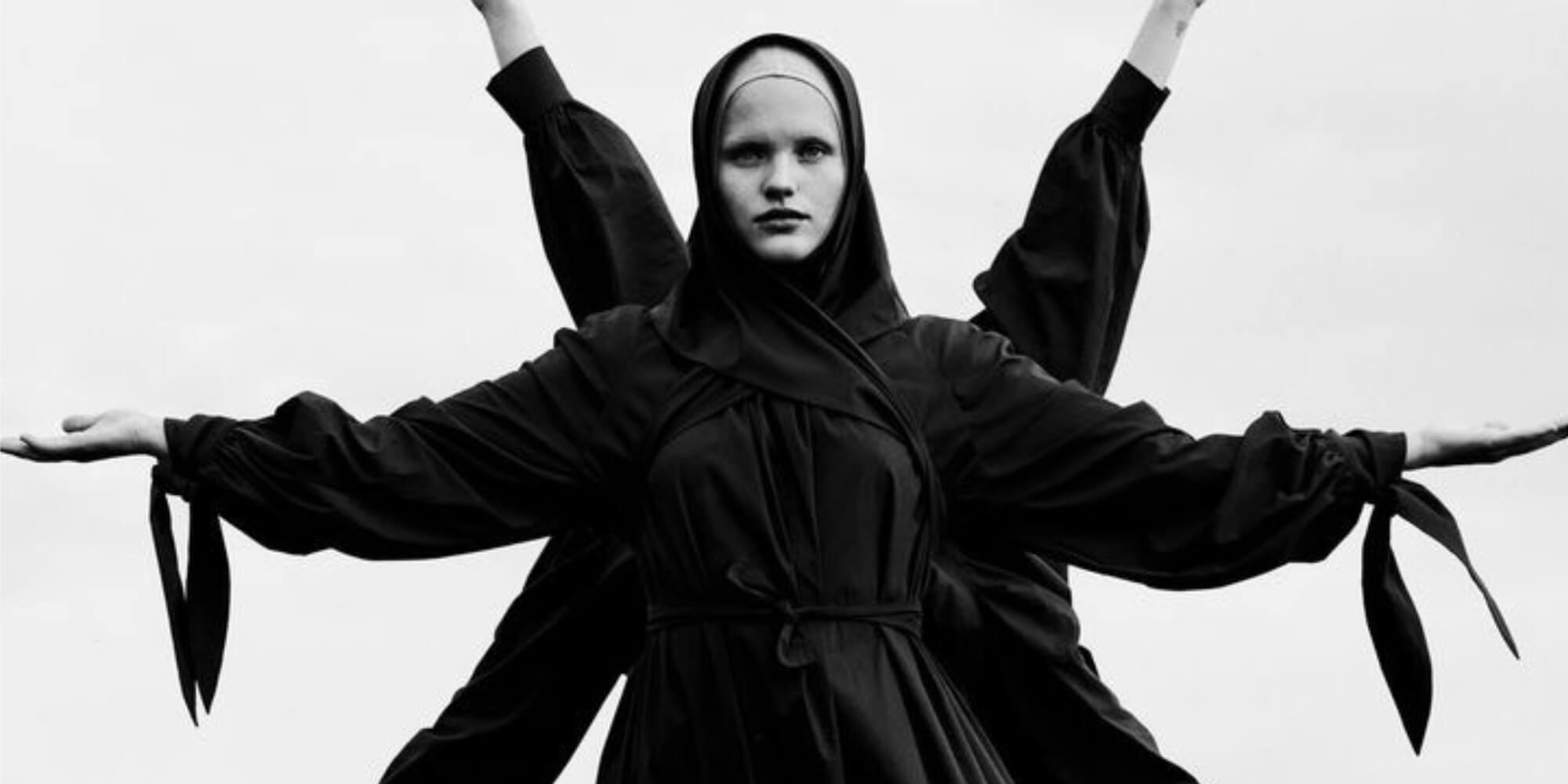Get in Loser! Regina George is back.
In 2004, the world was introduced to Queen Bee Regina George and her army of Plastics when the original Mean Girls hit theaters. Written by Tina Fey, the comedy followed 16-year-old Cady Heron (Lindsay Lohan) as she moved from Africa to Illinois and was introduced to a very different kind of food chain — the high school girl kind, where popularity was everything, which meant Rachel McAdams’ Regina George was everything. Regina and her besties — Gretchen (Lacey Chabert) with her hair full of secrets and Karen (Amanda Seyfried) with her fifth sense — ruled North Shore High… at least until Cady partnered with art freaks Janis (Lizzy Caplan) and Damian (Daniel Franzese) to take them down.
The film was an instant success, its influence spreading faster than a new Regina-inspired fashion trend. Even if you’ve never seen it, you’ve absolutely heard someone mention it, be it your personal friends, President Obama’s dog “trying to make fetch happen,” or Ariana Grande recreating the “Jingle Bell Rock” number for her “Thank U, Next” music video.
Now the Plastics return to the big screen – with vocal interludes included. Singing might be the biggest difference from the original film, but it isn’t the only one. After all, simply setting the story in 2024 changes a lot — high school isn’t what it used to be, in ways both big and small. (Say goodbye to those three-way phone calls Regina loved so much and say hello to TikTok.)
“Bullying in the recent past is quite different than probably what it was in 2004,” Avantika, who plays Kare, says to Entertainment Weekly. “This movie does a good job of capturing what modern-day bullying feels like.”
But what does “modern bullying” feel like? Are we suddenly liberated from being confronted with racial slurs or fatphobic jokes? In the age of reboots, adaptations and remakes, producers are also forced to adapt their work to the zeitgeist – even if the zeitgeist often does not reflect current events.
The credibility of such alliances has long been debated, and stakeholders measure brands and content against other factors that are less visible but may be just as relevant: Where do the revenues go, what is the working climate, what is the protection of minorities, what is the advertising and marketing during the rest of the year? Making yourself popular with a target group and appearing cosmopolitan and tolerant should not be made too easy.
But, as it turns out, there are other problems with being “woke”. In short, what may appeal to one target group may repel another.
In this era of reboots, the issue of how to wrench programming into the twenty-first century is especially acute because now-problematic shows that were beloved in their time are constantly being drawn back to the fore of cultural conversation. The solution studio executives and casting directors have landed on, it seems, is to remake the classics with diverse new casts: They did it with Ghostbusters, with Ocean’s 8, with Harry Potter and the Cursed Child, with Chilling Adventures of Sabrina, with Charmed, with (bizarrely) What Women Want, with Magnum P.I., and with Buffy the Vampire Slayer.
But here’s the thing: Very few people are truly happy about it. Some Doctor Who fans, for example, find it easy to accept a two-hearted, quasi-immortal alien who travels through space and time in a police call box, while a female incarnation of that time-traveling alien strains credulity. These reboots are not, as imagined by their most vehement detractors, being lapped up by legions of man-hating, white-bashing snowflakes. When these “progressive” reimaginings try to strike that representation chord, they often hit a sour note—tokenism.
In truth, it would be hard for most of them to avoid it. This more inclusive season of Doctor Who, for example, works because change, even radical change, is not just organic, but essential to the Doctor’s world. Not only does the Doctor swap faces and personalities and choice of traveling companion often, the character is a vessel for a show that celebrates the value of seeing and doing things wildly outside your own experience. Changing the Doctor’s gender might be a larger shift than in past seasons, but it was necessary to wake the franchise up.
But this spate of other updates, which graft diverse characters onto skeletons built in less inclusive times, have a lazy, hand-me-down quality to them. If you want to successfully re-launch a franchise today, you can’t put old lines in new mouths and expect that to be enough to make people who’ve waited to see their experience reflected on screen feel seen.
Regardless of your intentions, switching up a beloved character or universe almost always freaks out fans. In spite of the Doctor’s constant shifting, he has nearly always been played by an uppercrusty English-sounding white dude over thirty. There was backlash when Christopher Eccleston played the Doctor sounding working class and Northern, and when Matt Smith took the role at age 26—and that was in 2005 and 2010, respectively. Though the initial reaction when the BBC announced Jodie Whittaker would be the first female Doctor, was a big, sexist, wibbly-wobbly timey-wimey mess. But almost always, after a few hours of getting to know the new Doctor, the vast majority of fans come around. The show wouldn’t still be on the air if they hadn’t.
That’s because each Doctor is a new person with new priorities rather than a different actor taking a crack at the same role, written in the same way. It’s essentially a franchise, and successful franchises must progress in their concepts and politics and aesthetics—think about how weird it would be if everyone in Star Wars still had 1970s hair. The new Star Wars movies work because the galaxy has moved on and new characters rise up to drive and respond to those changes—just like they do real world. Insisting that universes need to maintain the exact same structure and demographics is like freaking out that Ariana Grande is usurping Elton John’s place at the top of the charts: It’s just culture coming up with fresh ideas to fit the times. Each incarnation of the Doctor moves the Whovian world forward, which makes inclusion feel like natural progress, rather than a whitewashing of dark history.
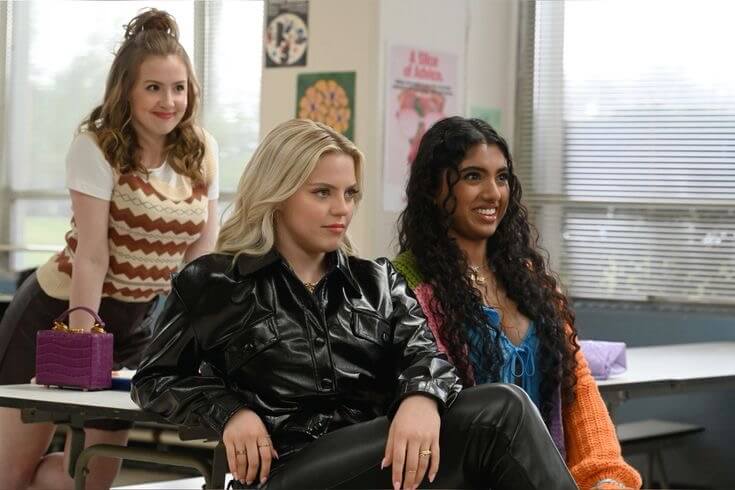
But what happens when it’s not the beloved heroes and heroines of successful franchises that get a woke coat of paint, but their counterparts? What happens when the high school drama bullies suddenly start paying attention to the pronouns and gender identity of their victims?
Simple: They don’t. Just as in real life, people of a different background, colour, gender identity and so on will always be a target for people who want to do them harm, and modernised high school comedies don’t change that. They present an ideal that is so far removed from reality that maybe that’s what’s so comedic about it.
Back to Mean girls: 2024 marks 20 years since the film’s original release, and comedy has evolved in that time. Fuelled by political movements such as #MeToo in 2017 and the murder of George Floyd in 2020, what is considered appropriate and inappropriate to portray on film and television has rightly shifted. As a result, the new adaptation of Mean Girls has several alterations: in the movie, Coach Carr (Jon Hamm) no longer has sexual relationships with underage students, cafeteria cliques are no longer defined by race, and racial stereotypes are no longer used; ableist slurs are no longer thrown around, and homophobic jokes and remarks are almost non-existent. Furthermore, within the main cast, Janis (Auli’i Cravalho) is an actual lesbian, and there is more Black, South Asian and Polynesian representation in the film. The “Plastics”, who are meant to be Barbie dolls personified, are no longer just a gang of skinny white or light-skinned women. They now represent what Barbies look like today: darker-skinned, mid-sized, Latina, and much more. Perfection now comes in all shapes, sizes and ethnicities.
While the movie tries to diversify its cast and remove the offensive language it once used, the dialogue is almost entirely the same as the original. Fey’s endlessly quotable script, which has permanently ingrained itself within pop culture, was simply regurgitated back to us. The only difference is that this version has long, annoying songs you won’t remember once you leave the cinema. In a recent interview with the New York Times, Fey remarked that she tried not to change the script too much for this version of Mean Girls: “As long as I don’t accidentally make Monkey Jesus out of it – you know, like when that lady tried to fix that painting – then we’ll be in good shape.” But the film isn’t in good shape at all. The once confident, biting satire about high school life now feels tense and unsure of itself. One reason for this is that the film doesn’t sufficiently adapt itself to the new variations of its characters. This is most apparently felt in the new iteration of Regina George, played by Reneé Rapp. The actor was a shining light in an otherwise dull and uninspired film; however, it felt strange to keep the movie’s storyline fixated on making Regina fat when the actress is mid-size. The purpose of the original storyline was to make the notoriously slim and unblemished Regina fat and ‘ugly’ by giving her Kälteen Bars used to help African children gain weight. Cady concocted this act of deception to make Regina lose her social position and make her feel like the individuals she often ridiculed, but Rapp is not slim.
This is one of the moments where it felt like the storyline (not to mention many others) should’ve changed. It no longer made much sense for this rendition of the film. True inclusivity either means telling new stories in addition to the old, or having the courage to push an established world into the future rather than rewriting the past. Diversity isn’t a varnish you can apply to what’s familiar. It’s an expanded universe.
*Images from Mean Girls








